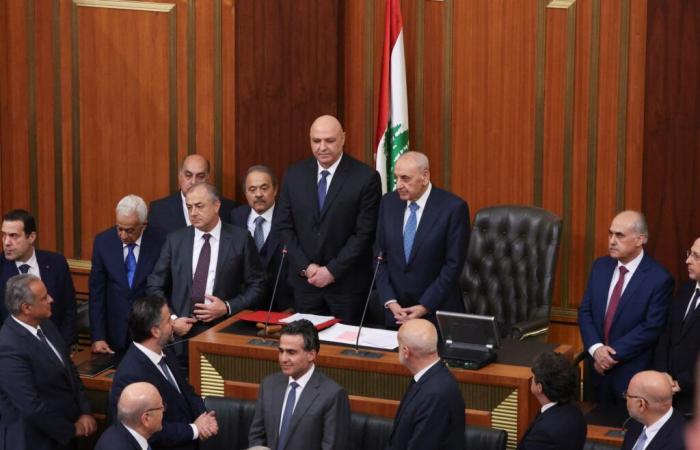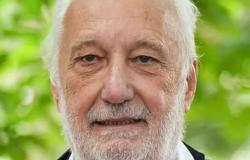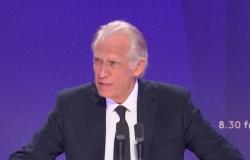Today, Monday, Lebanese President-elect Joseph Aoun is holding consultations with the parliamentary blocs in preparation for naming a person who will be entrusted with the task of forming a new government that faces great challenges.
The parliamentary consultations, which are binding in accordance with the constitution, come 4 days after Aoun was elected president, under external pressure.
Since the consultation date was set, political forces have circulated the names of a number of candidates for the position held in Lebanon by a figure from the Sunni sect.
Among the candidates are caretaker Prime Minister Najib Mikati, opposition member of Hezbollah Fouad Makhzoumi, and former ambassador Nawaf Salam, whose name is being circulated in recent hours.
A source close to Hezbollah told Agence France-Presse that the party and its ally, the Amal Movement, led by Parliament Speaker Nabih Berri, support the reassignment of Mikati to head the government.
He explained that renaming it “is part of the agreement reached with the Saudi envoy to Lebanon, Yazid bin Muhammad bin Fahd Al Farhan, which led to Hezbollah moving forward and hoping to elect Aoun as president” last Thursday.
Mikati, who previously headed three governments in Lebanon and is considered one of the richest people in Lebanon, denied the existence of any similar agreement.
He said on the sidelines of the president’s election session that he was ready “if there is any necessity” to “serve the country.”
Mikati, whose government led the country through more than two years of vacancy in the presidency, during a period in which the economic collapse deepened and witnessed a devastating Israeli war on the south of the country, has good relations with political forces and enjoys foreign relations with several parties.
However, representatives of the “opposition forces”, which includes the Lebanese Forces bloc and other small blocs, announced on Saturday their decision to nominate Representative Fouad Makhzoumi, a wealthy businessman with good relations with the Gulf states, where he established his business, and with the United States, as the American envoy to Lebanon, Amos Hockstein, visited him last week. Who met a delegation of opposition representatives.
But Al Jazeera’s correspondent reported that Makhzoumi announced his withdrawal from running for president of the Lebanese government in favor of Judge Nawaf Salam.
-Other representatives put forward the nomination of Nawaf Salam, who currently heads the International Court of Justice in The Hague, and is a respected veteran diplomat in Lebanon whose name is mentioned during every parliamentary consultation.
In recent hours, attempts have intensified to unify the positions of opposition blocs and independent representatives to move forward with naming Salam, instead of Makhzoumi, to miss the opportunity to reassign Mikati.
The leader of the Lebanese Forces Party, Samir Geagea, said last week, “A new era has begun… Whether we like it or not, President Mikati was with the last group.”
Challenges
Not all blocs announced the identity of the candidate they support. The candidate who receives the largest number of votes among the competitors wins.
According to the Lebanese Constitution, the President of the Republic appoints the Prime Minister-designate, in consultation with the Speaker of Parliament, after being informed of the results of the parliamentary consultations.
Assigning a new president to form a government does not mean that its birth is imminent. This task often took weeks or even months, due to political divisions and conditions set by political forces in a country whose system is based on the principle of quotas.
In his swearing-in speech following his swearing-in, the Lebanese President announced the beginning of a “new phase for Lebanon,” outlining his plan of action for the coming period, in the wake of rapid regional and local changes.
The next government awaits major challenges, most notably reconstruction after the recent war that destroyed parts of the south and east of the country and in the southern suburb of Beirut, and the implementation of the ceasefire agreement, which stipulates Israel’s withdrawal from the areas it entered in the south and includes adherence to UN Security Council Resolution 1701 issued in 2006. One of its terms is for Hezbollah to move away from the borders, disarm all armed groups in Lebanon, and limit it to legitimate forces alone.
Another challenge is implementing urgent reforms to accelerate the economy after more than 5 years of unprecedented collapse.






